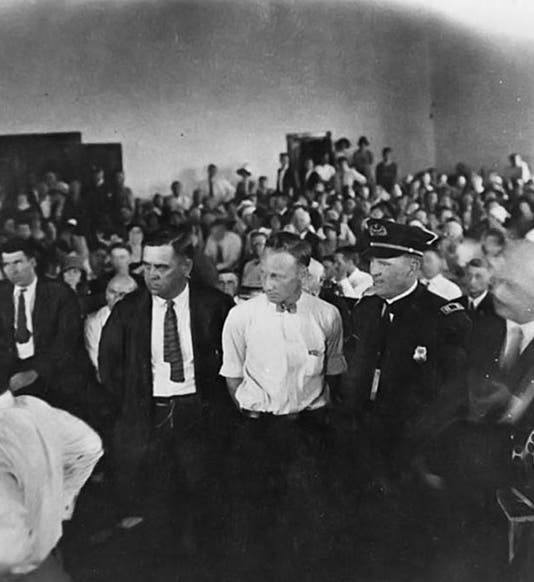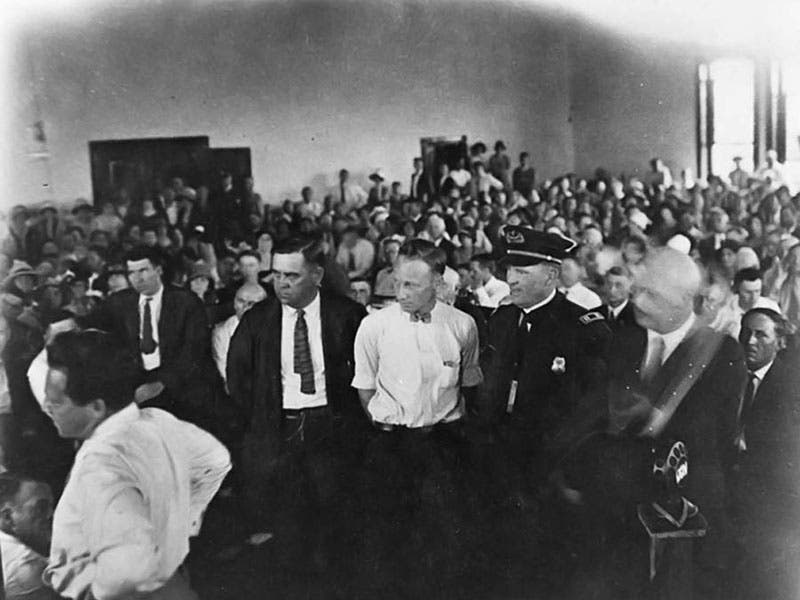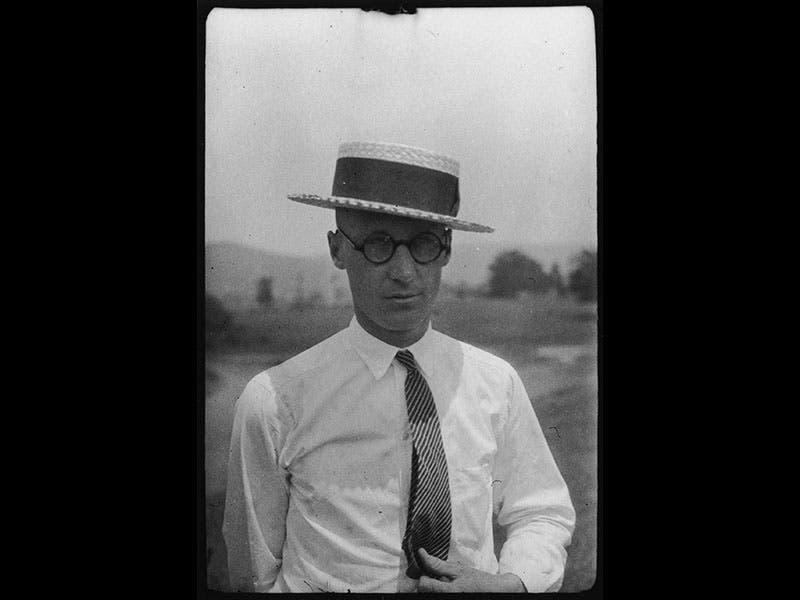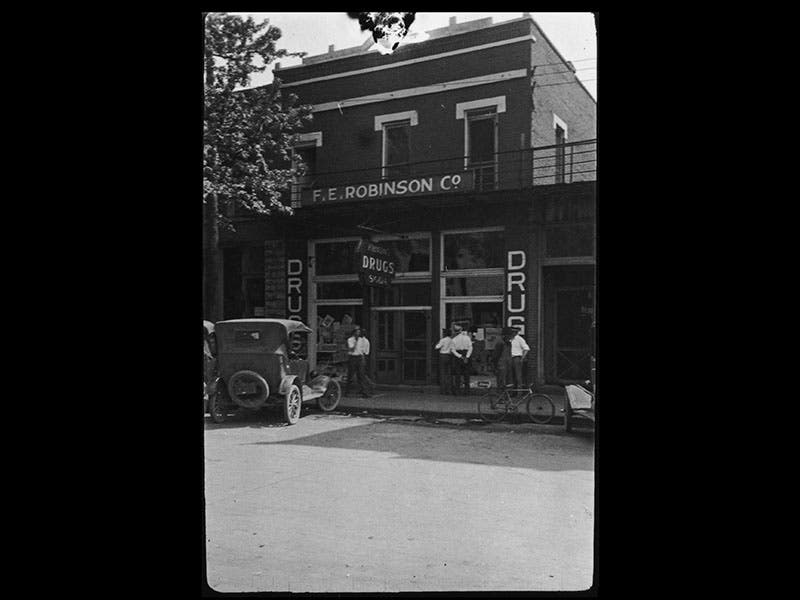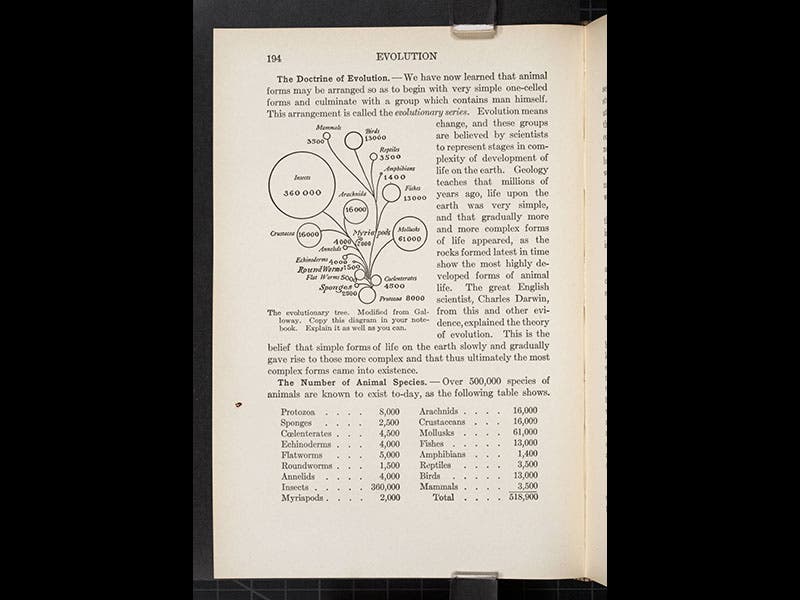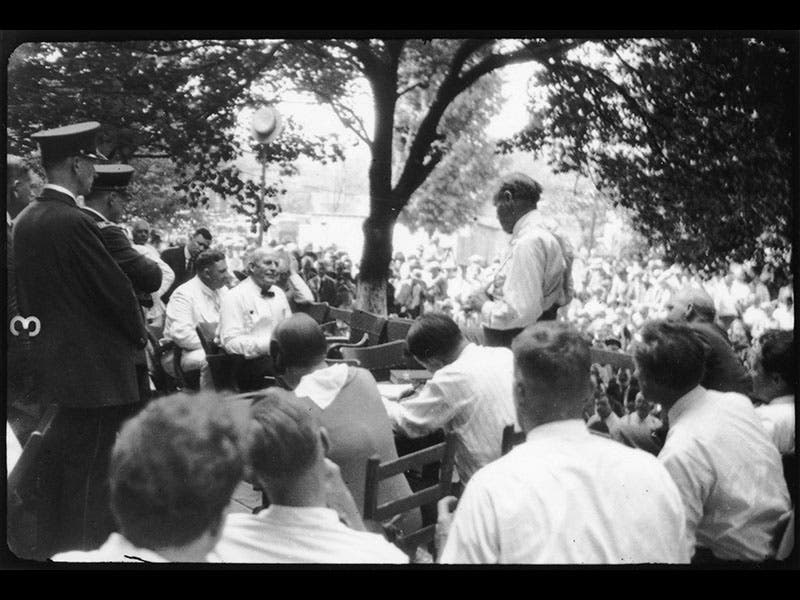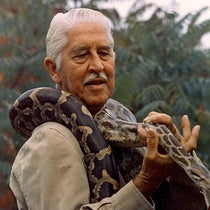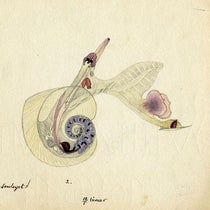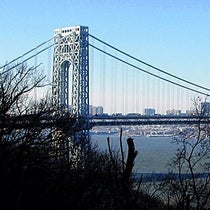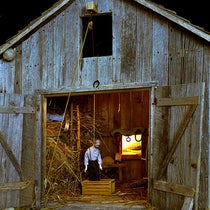Scientist of the Day - John Scopes
John T. Scopes, an American schoolteacher, was born Aug. 3, 1900. Scopes got a job coaching the high-school football team in Dayton, Tennessee, and like many coaches, he was required to teach some science courses as well. In May of 1925, a delegation of Dayton town fathers asked Scopes if he would agree to be arrested and put on trial for violating the Butler Act recently passed by the state of Tennessee. The Butler Act forbade the teaching of evolution in Tennessee schools. Scopes said yes, even though it appears he never actually taught evolution in his classes. But he did use a textbook that discussed evolution, and that was good enough. The town leaders were hoping that a trial would put Dayton on the map, and that it certainly did. The details with Scopes were worked out at Robinson’s Drug Store in Dayton, the subject of many historical photos once the trial began (third image).
On May 25, 1925, Scopes was charged with violating the Butler Act, and the result was one of the most famous trials of the entire century, the Scopes Trial. The prosecuting attorney was Tom Stewart, but he was greatly overshadowed by William Jennings Bryan, who came to town for the occasion as a special prosecutor. Scopes’ defense attorney was in turn eclipsed by Clarence Darrow, who was present on behalf of the American Civil Liberties Union and who effectively took over Scopes' defense.
The trial began on July 10, 1925, and Scopes played almost no role in its proceedings. Most of the photographs of the trial focus on Darrow or Bryan; our first image, featuring Scopes, is an exception. The most notable occasion of the trial, when Darrow cross-examined Bryan about Biblical literalism (fifth image), did not involve Scopes at all. The trial concluded on July 21, when Scopes was found guilty of violating the Butler Act and fined $100. The expectation all along had been that Scopes would be convicted, and the intention was to appeal the conviction and put the Butler Act on trial. But the conviction was overturned by a higher court (only a jury could assess a fine of $100 in Tennessee), and the case was never retried. The Butler Act stood its ground until it was finally repealed in 1967.
The name "Scopes" has become as famous as any legal eponym ever, but Scopes himself rather disappeared from the historical record after the trial. He worked as a field geologist for most of his life. He did publish an autobiography in 1967, Center of the Storm: Memoirs of John T. Scopes, which appeared three years before his death in 1970. It is a book we ought to have in the Library, but do not. We shall attempt to remedy this.
The textbook that Scopes used (and which Bryan waved around in court on one notable occasion) was Civic Biology, by George Hunter. Published in 1914, it did indeed present the facts of evolution; we see above a page that explains Darwin’s nefarious proposal (fourth image). Ironically, its use in Tennessee schools was mandated by the state Board of Education, so it was inevitable that the Butler Act and Civic Biology would clash somewhere in Tennessee. It just happened to be in John Scopes’ adopted hometown. We do have a copy of the 1914 edition of Hunter’s Civic Biology in our History of Science Collection.
Dr. William B. Ashworth, Jr., Consultant for the History of Science, Linda Hall Library and Associate Professor, Department of History, University of Missouri-Kansas City. Comments or corrections are welcome; please direct to ashworthw@umkc.edu.

